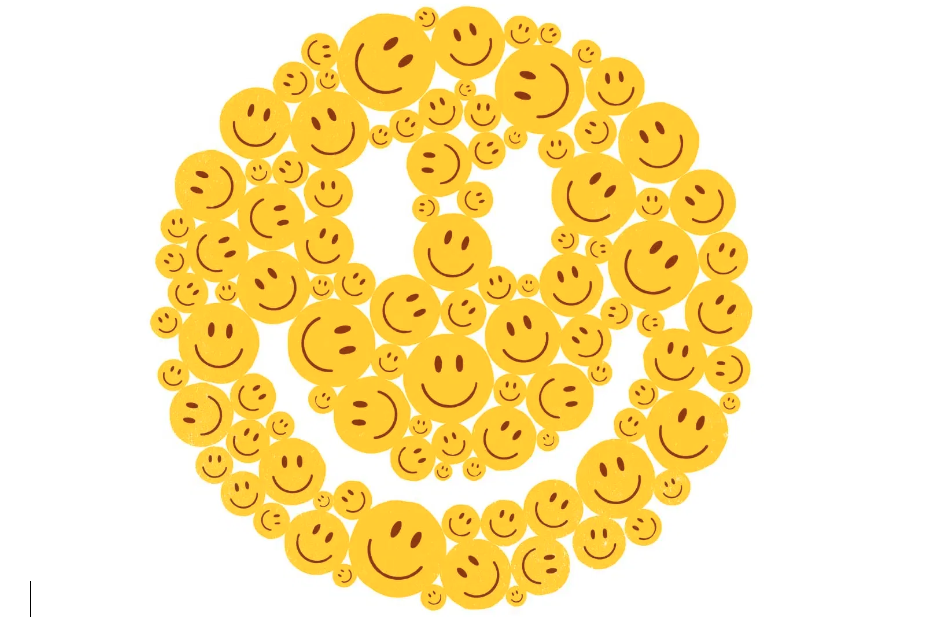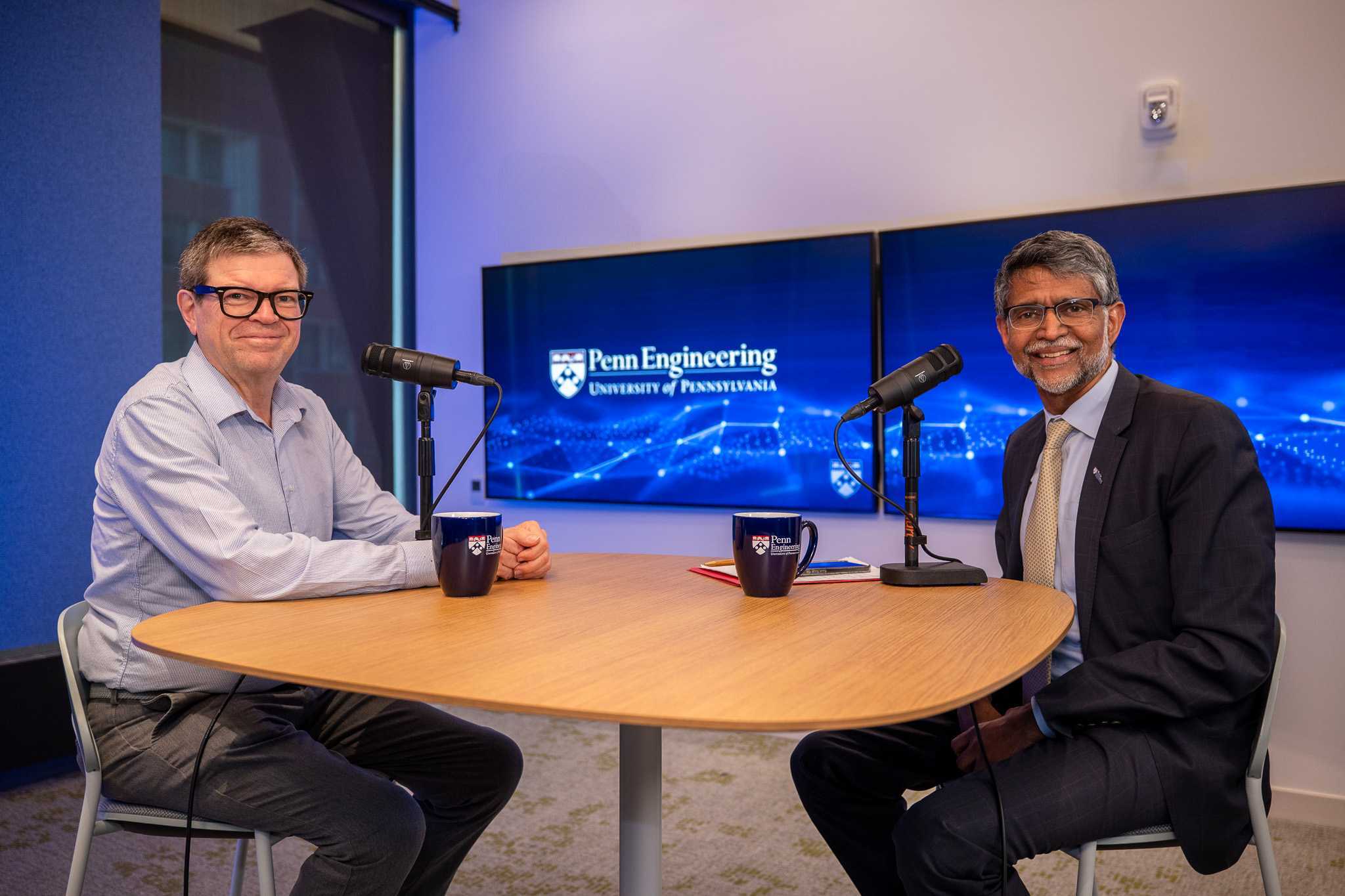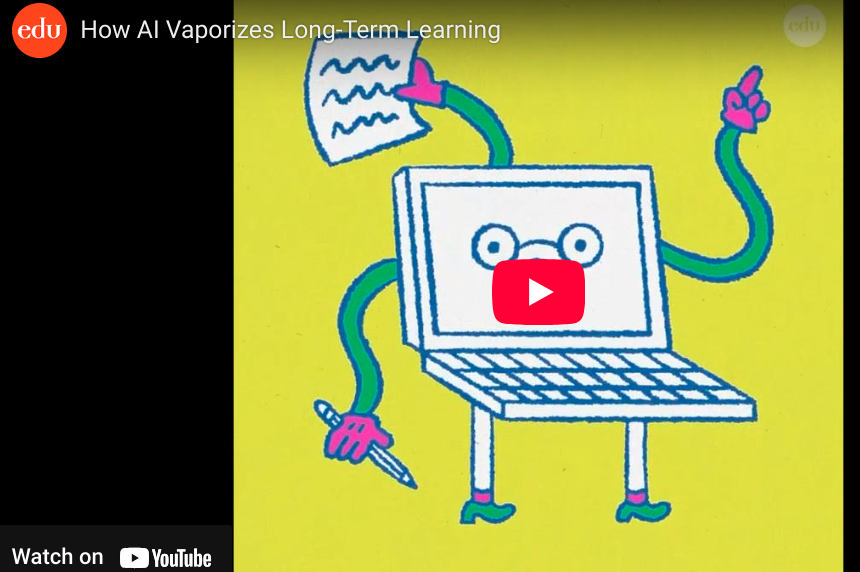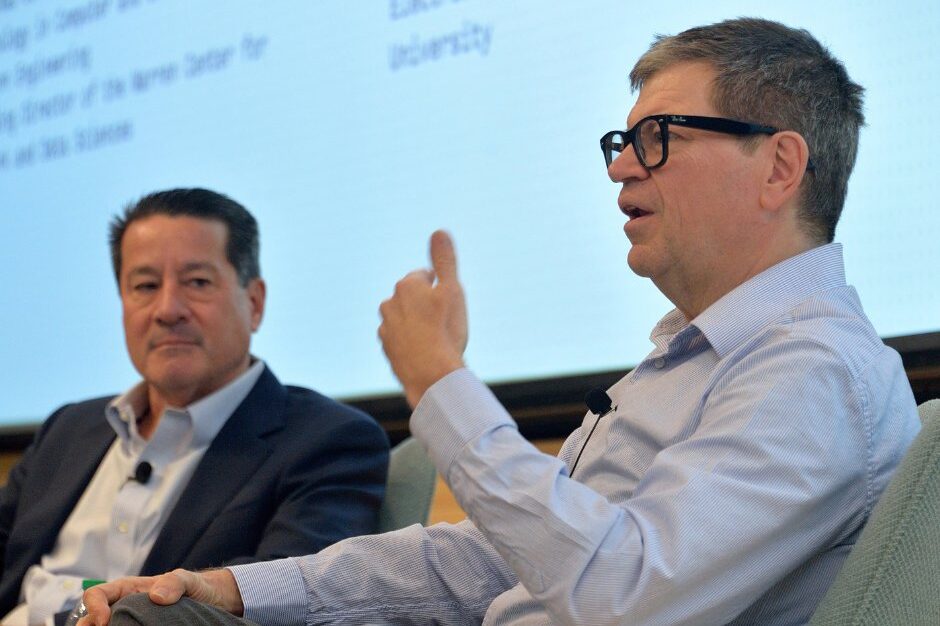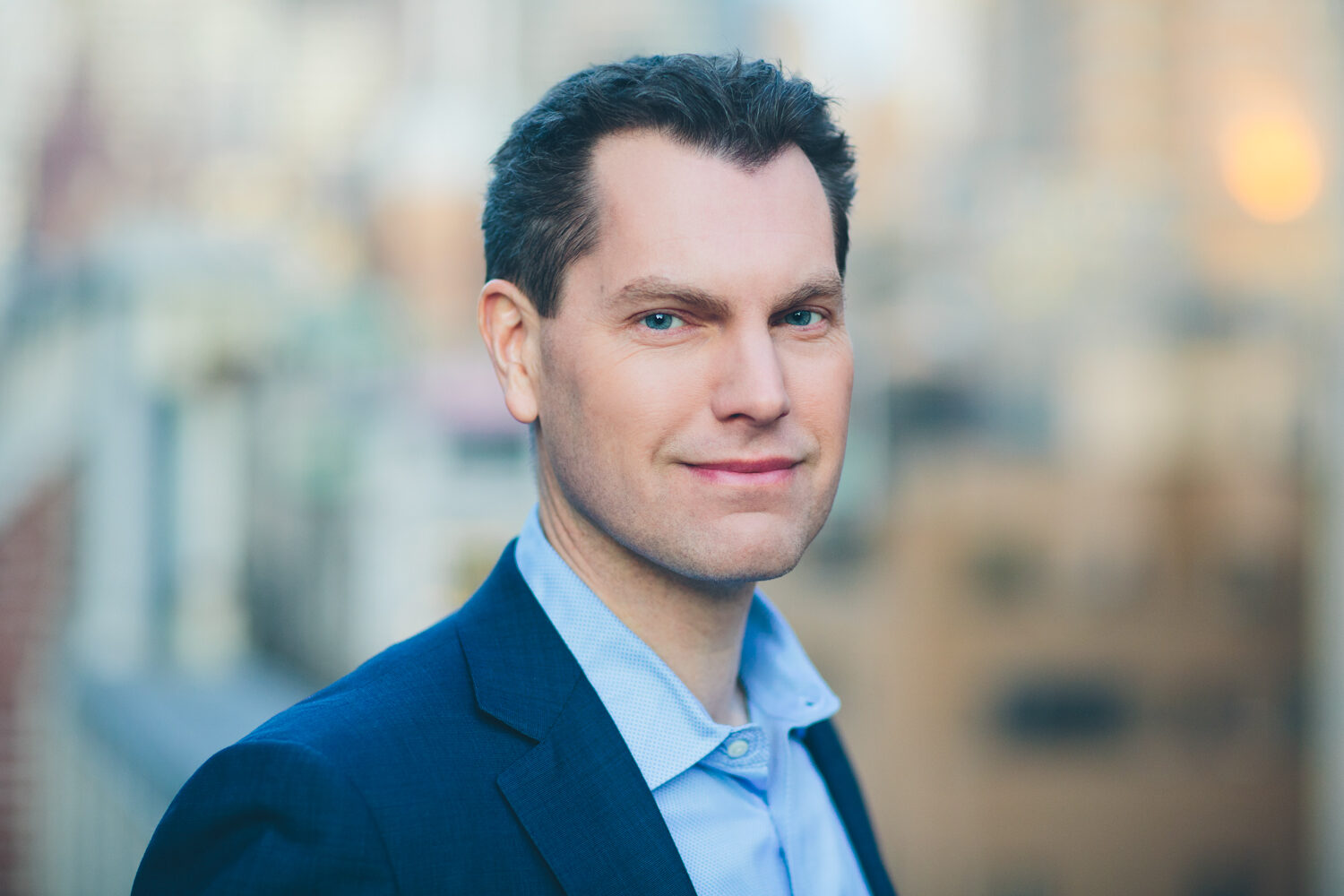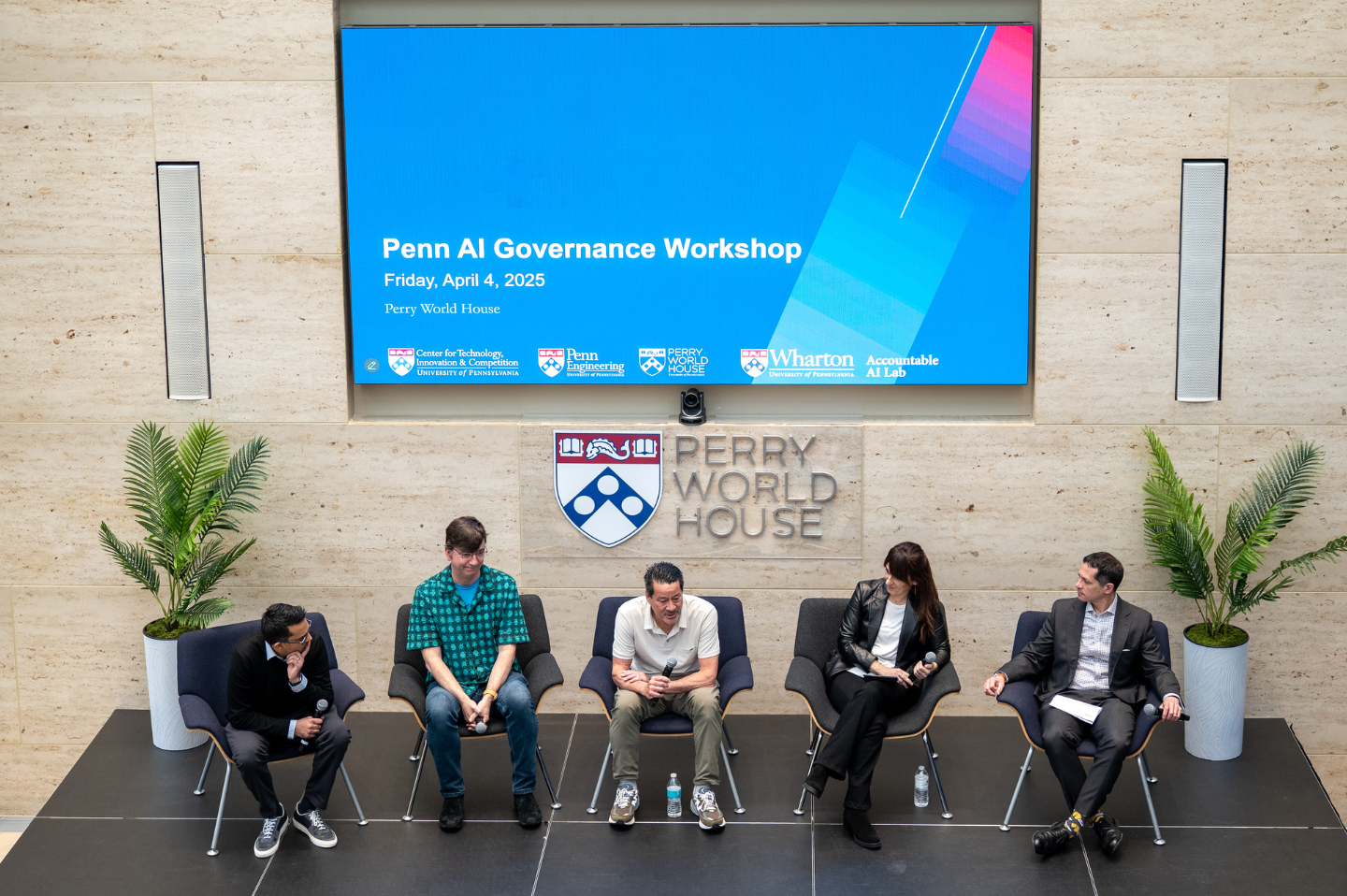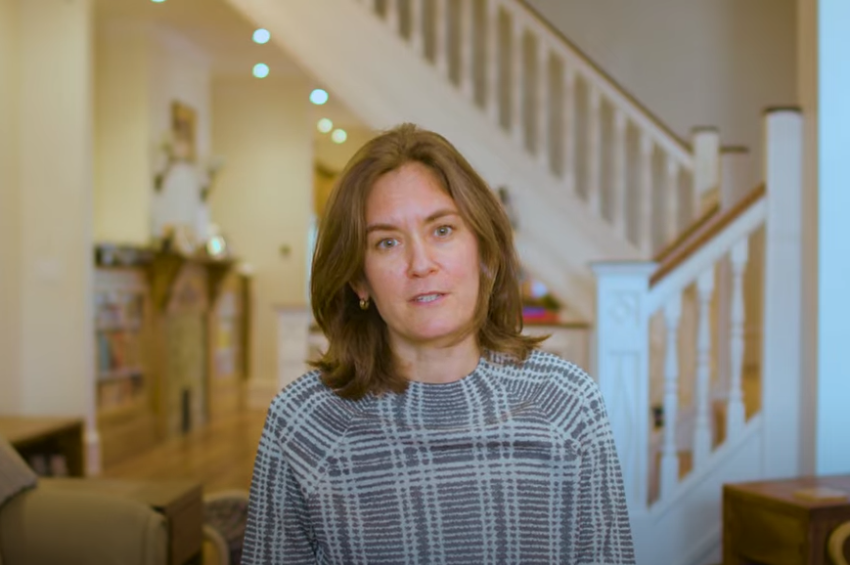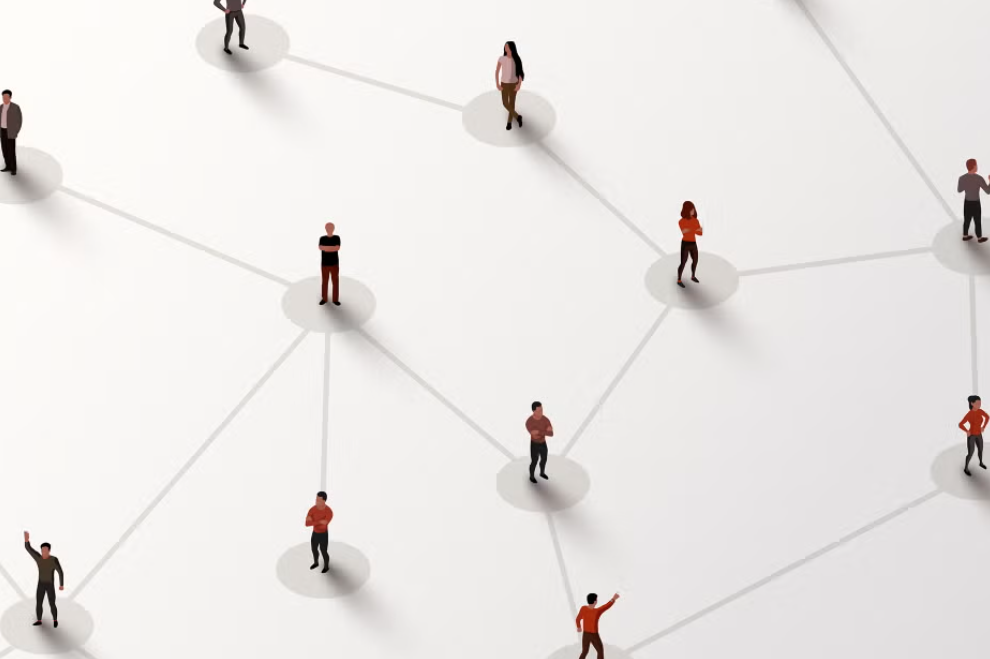
Rob Ghrist: The Soul of an Artist, the Mind of a Mathematician
Robert Ghrist embraces innovation to enrich each of his roles: artist, author, engineer, mathematician, and mentor. Penn Today met with Ghrist and some of his many mentees, both former and current, to talk about math. “Rob has an extraordinary gift for making the abstract not just accessible, but exhilarating," said Tony Pantev.
